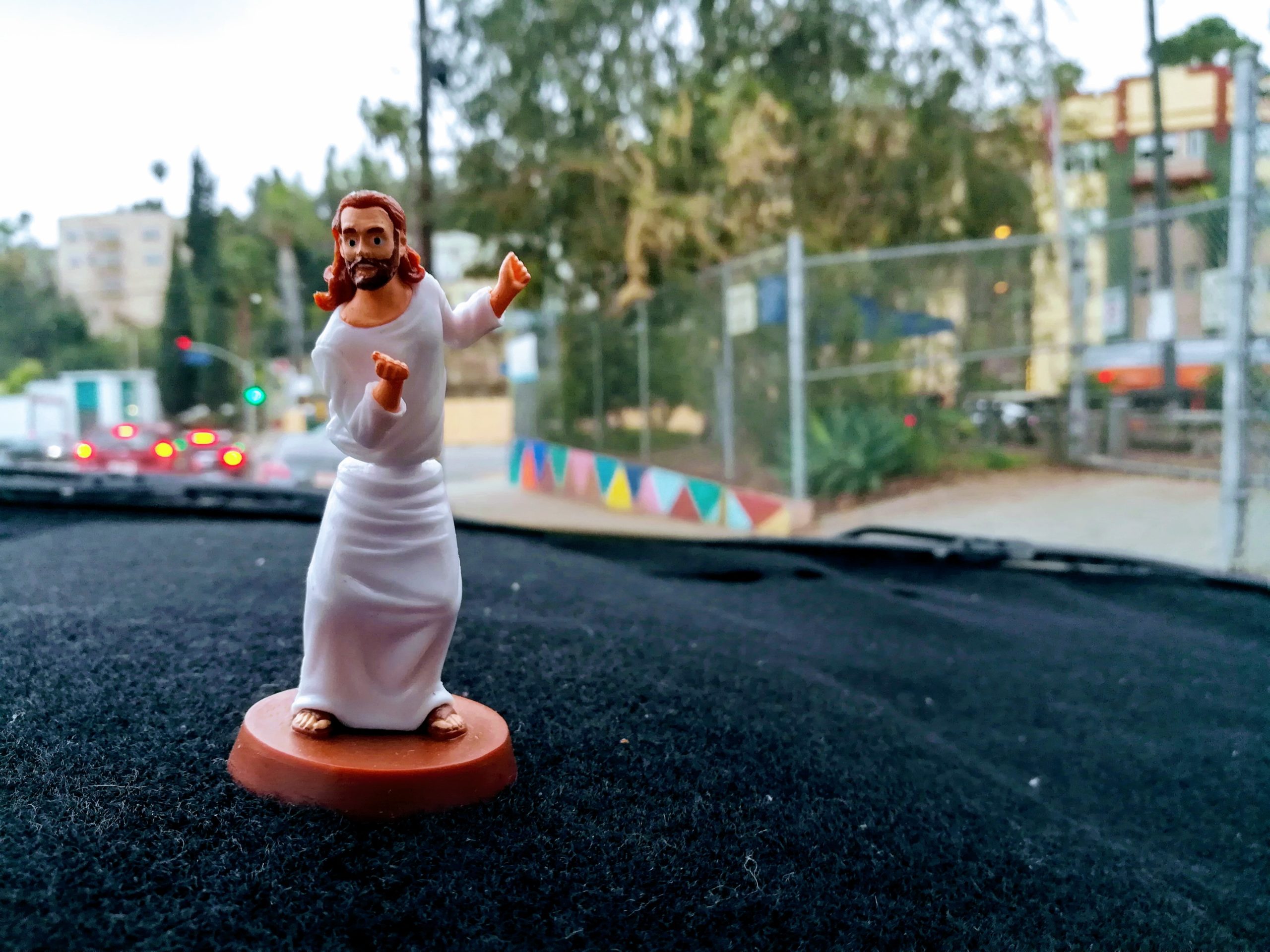Christianity Without Jesus in America
A recent opinion piece in the New York Times highlighted a statement President Biden made after 13 American soldiers, and three-score Afghans, were killed in Kabul. “We will not forgive. We will not forget. We will hunt you down and make you pay.” Esau McCaully questioned the morality and theology of that statement, especially the part about forgiveness. (I wonder if the President extends the same principle to the families whose members were killed in the retaliatory drone strike that killed civilians.)
A refusal to forgive. I’m not at all sure what forgiveness would mean in this circumstance, or how a president could offer such on the behalf of shocked and grieving families. McCaully’s thoughts set me to wondering about the way nations, our nation in particular, use religion and religious teachings for their own purposes.
The U.S. is not and never was a Christian nation. A nation with millions of self-identified Christians, yes, but a nation following Christian principles, no. Specifically, we are not a nation that follows the core teachings of Jesus. Not that any nation does…
In the civil religion—the religion often invoked or conjured to interpret the origin, purpose, and destiny of the nation—we do indeed draw words, metaphors, and symbols from the Bible. We have historically imagined ourselves exceptional and chosen. If you don’t work, you don’t eat. We see political and social conflicts as a clash between the children of light and the children of darkness. We’ve thought conquest will make better the people and land we conquer. One of our favorite teachings appears to be an eye for an eye; our civil religion is an expression of “do unto others as they have done onto you.”
When considering the life of the nation, it seems we prefer the Exodus-Conquest narrative and the sharply divided, good vs evil world, and the avenging Jesus, of Revelation to the Jesus of the gospels.
Can you image the U.S., or any nation, that shapes policy according to:
- The Lord’s Prayer. In this prayer, Jesus proclaims the superiority of God’s ways to Roman ways and petitions for God’s ways to supplant the empire. He prays for bread for everyone, for the forgiveness of debts (monetary debts), and to be shielded from the temptation to violence. America sounds more like the empire to be replaced than like the realm-to-come.
- The Beatitudes. Our nation has repeatedly acted on our belief in redemptive violence. Rambo is much closer to an American saint than, say, Francis of Assisi. In America, the poor, those who mourn, the merciful, the pure in heart are among the “left behind” and, sometimes, seen simply as losers. And our national religion teaches us to hate losers.
- In Luke’s gospel, chapter 4, Jesus quotes from Isaiah to define his ministry: preaching good news to the poor, restoration of sight to the blind, release to the captives. Jubilee was that teaching, practiced or not in ancient Israel, of land reverting to its original tribes every 50 years. Debts were forgiven. Social inequalities were rectified. In America, the arguable right of all rights is the right to private property. I am not disputing that right, but Jesus apparently did.
- One of Jesus’ most radical teachings is that your family is bigger than you think. Time and again, Jesus told his listeners that the circle of care they extended to family was too narrow, that their sense of neighborhood was too parochial. Remember the public service-type spots made often at the outset of the pandemic: “we are all in this together?” True, absolutely true. But, this is not how we’ve behaved for the last 17 months.
Apparently, America is quite selective regarding which biblical stories and teachings we choose to embrace, and which we silently reject. I would include Jesus’ teachings in what we, as a nation, reject.
As with religion, so with a nation: judge by what we do rather than by what we say. Nations act according to their interests and their real values are evident in their behavior.
I don’t expect America to be a Christian nation, under any administration. A claim that we are such or that we embody Christian values hides more than it reveals and hinders us from seeing ourselves as we are.
Dr. Gary Peluso-Verdend is president emeritus at Phillips Theological Seminary and is the executive director of the seminary’s Center for Religion in Public Life. The opinions expressed in this blog are those of the author. Learn more about the Center’s work here and about Gary here.



Comments are closed.